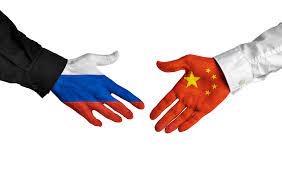
Deniz ÜNVER
Independent Researcher
In late March, Chinese President Xi Jinping visited Russia in order to meet with his Russian counterpart Vladimir Putin[1]. After this meeting, both Presidents declared that China and Russia would cooperate more on the economy and business[2]. Therefore, it was stated that improving bilateral trade, cooperation on energy and ensuring food security were on the agendas of both of the Leaders[3]. Apart from those, using local currencies was another hot topic of the meeting between Russian and Chinese counterparts. It was expected that the meeting would further economic cooperation between the two countries, which has increased at a steady level[4].
As a matter of fact, Beijing and Moscow are now closer than ever compared to any other time in their history. This closeness reflects in the economic relations between the two countries. In this sense, the economic cooperation between Russia and China needs further analysis.
The history of economic relations between the two countries can be considered relatively new. After the dissolution of the Union of Soviet Socialist Republics (USSR), the beginning of the diplomatic relations between China and Russia dates back to 1991[5]. In 2012, Xi Jinping came to power in China, and Russia has begun to be China’s key ally[6]. The sides have strengthened their cooperation in the economy since 2012. Then, in 2014, Beijing and Moscow started to improve the level of pragmatic cooperation and further practical cooperation[7].
However, 2018 marked a turning point for the economic ties between China and Russia as the trade war between China and the US started in 2018. The sanctions imposed by the West have affected the economies of both countries since 2018[8]. As such, after 2018, the economic cooperation between the two countries started to increase due to the Western sanctions.
First of all, there is a high level of trade between the two countries. For 13 years, China has been Russia’s biggest trade partner, while Russia stands as the 10th in the list of China’s trading partners[9].
In 2022, the bilateral trade between China and Russia reached 190.3 billion US dollars last year, with a 29.3% rise compared to the previous year[10]. Indeed, imports from Russia increased by 43.4% per cent[11].
In particular, energy and high-tech products play a significant role in the trade relations between China and Russia. In 2022, China became the biggest buyer of Russian energy products, while Russia bought Chinese high-tech products such as computer chips, smartphones, manufacturing equipment and cars[12]. Thus, it has to be noted that crude oil, which accounts for half of the Chinese imports, is the most valuable product in Sino-Russian trade[13]. China is the second biggest importer of Russian crude oil, after Saudi Arabia[14]. In 2022, crude imports coming from Russia increased by 8%per cent in volume, in Chinese trade[15].
Another crucial point of the economic partnership between the two countries is the use of local currencies. Both China and Russia claim that the US uses dollars to impose economic coercion and weaken the economies of the rival countries. For this reason, China and Russia have made several efforts to spread the use of local currencies. Indeed, the agreement to use local currencies instead of US Dollars in international trade opened a new dimension in the bilateral trade between China and Russia. Since 2018, the de-dollarization moves of China have been continuing. With the war in Ukraine in early 2022, Russia has also intensified its de-dollarization attempts primarily due to the Western sanctions, which have regressed its economy. For instance, Russia has reduced its dollar holdings from dollars to Chinese yuan since 2019[16]. Thus, last year, the two countries agreed to make natural gas trade with half in yuan and half in roubles[17]. About a quarter of Sino-Russian trade has taken place in rouble and yuan between the sides since this agreement[18]. The de-dollarization moves of Russia and China were followed by Saudi Arabia and Latin American countries, albeit with a smalller percentage.
In addition to undermining dollar hegemony over the international financial system, the two countries are also making efforts to create alternative financial institutions and mechanisms to weaken the US control of the international economy[19]. The efforts of creating an alternative system to SWIFT shortly after Russia was expelled from this system, can be explained by this motivation.
Furthermore, the sides have signed many agreements in order to improve further cooperation on energy, infrastructure, agriculture, finance and technology[20] in order to intensify their economic cooperation since 2018. For instance, in 2021, Moscow and Beijing signed a Memorandum of Understanding on the establishment of an autonomous lunar permanent research base[21].
Moreover, both countries have serious economic influences in the developing world through infrastructure projects, investment and trade. For instance, the 43 sub-Saharan African countries are part of the Chinese-led Belt and Road Initiative (BRI), which is a trillion-dollar worth infrastructure project[22]. For Russia, African countries, such as Algeria, Angola, Burkina Faso, Egypt, Ethiopia, Morocco and Uganda, are importers of Russian military equipment, including major and minor arms[23]. Besides, Russia has some serious investments in Africa’s oil and gas industries[24]. It must be noted that the Middle East region is another area where both countries have solid economic presence and interests, just like in Africa.
In general, it can be concluded that the economic partnership between China and Russia has become intense, and it has been improving ever since 2018 despite a shallow background. The duo mainly trades energy-related and high-tech products, and economic cooperation reflects itself in other fields such as infrastructure, agriculture and technology. Both countries are increasing their influence in the developing world through investments and infrastructure projects, such as in Africa and the Middle East. Both Beijing and Moscow also cooperate on de-dollarization moves to spread the use of local currencies in international trade.
*Picture: https://www.china-briefing.com/news/russia-china-bilateral-trade-up-30-9-in-2021/
[1] Ji Siqi, “What is the trade, investment relatioship between China and Russia?”, South China Morning Post, March 22, 2023,https://www.scmp.com/economy/global-economy/article/3214285/what-trade-investment-relationship-between-china-and-russia
[2] Evelyn Cheng, “China and Russia Affirm Economic Cooperation for the Next Several Years”, CNBC, March 22, 2023,https://www.cnbc.com/2023/03/22/china-and-russia-affirm-multi-year-economic-cooperation.html
[3] Ibid.
[4] Siqi, “What is the trade, investment relatioship between China and Russia?”.
[5] Liu Yiwen and I.V. Pustokhina, "Sino-Russian Economic Cooperatiom: Challenges and Prospects.”, ЧЕЛОВЕЧЕСКИЙ КАПИТАЛ И ПРОФЕССИОНАЛЬНОЕ ОБРАЗОВАНИЕ (2020), p. 60.
[6] Patricia M. Kim, “The Limits of the No Limits Partnership- China and Russia Can’t Be Split, But They Can BeThwarted”, Foreign Affairs, March-April 2023, p.96.
[7] Yiwen and Pustokhina, "Sino-Russian Economic Cooperatiom: Challenges and Prospects”.
[8] Ibid.
[9] Siqi, “What is the trade, investment relatioship between China and Russia?”.
[10] Ibid.
[11] Ibid.
[12] Ibid.
[13] Ibid.
[14] Ibid.
[15] Ibid.
[16] Kim, “The Limits of the No Limits Partnership- China and Russia Can’t Be Split, But They Can BeThwarted”.
[17] Siqi, “What is the trade, investment relatioship between China and Russia?”.
[18] Kim, “The Limits of the No Limits Partnership- China and Russia Can’t Be Split, But They Can BeThwarted”.
[19] Ibid.
[20] Ibid.
[21] Namrata Goswami, “The Strategic Implications of the China-Russia Lunar Base Cooperation Agreement”, The Diplomat, March 19, 2021,https://thediplomat.com/2021/03/the-strategic-implications-of-the-china-russia-lunar-base-cooperation-agreement/
[22] Mercy A. Kuo, “China- Russia Cooperation in Africa and the Middle East”, The Diplomat, April 3, 2023,https://thediplomat.com/2023/04/china-russia-cooperation-in-africa-and-the-middle-east
[23] Ibid.
[24] Ibid.
© 2009-2025 Avrasya İncelemeleri Merkezi (AVİM) Tüm Hakları Saklıdır
Henüz Yorum Yapılmamış.
-
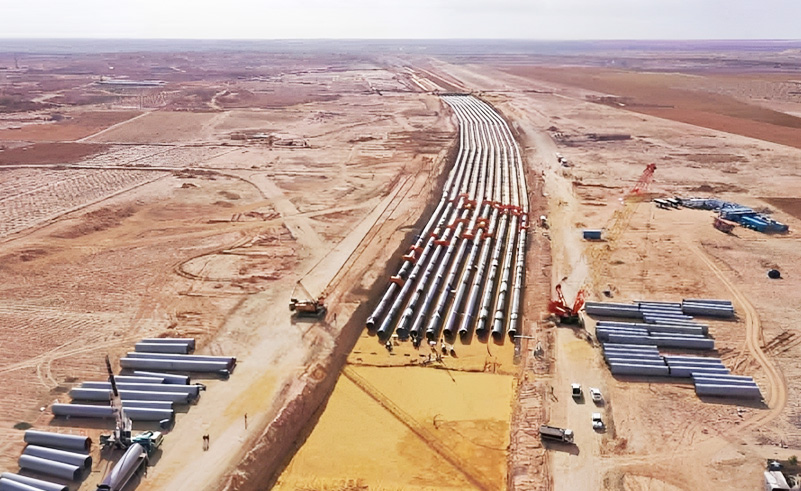 THE NILE WATER RESOURCES AND THE NEW DELTA PROJECT - 07.11.2023
THE NILE WATER RESOURCES AND THE NEW DELTA PROJECT - 07.11.2023
Deniz ÜNVER 07.11.2023 -
 EUROPE’S ENERGY CRISIS AND THE TURKMEN GAS - 16.03.2023
EUROPE’S ENERGY CRISIS AND THE TURKMEN GAS - 16.03.2023
Deniz ÜNVER 16.03.2023 -
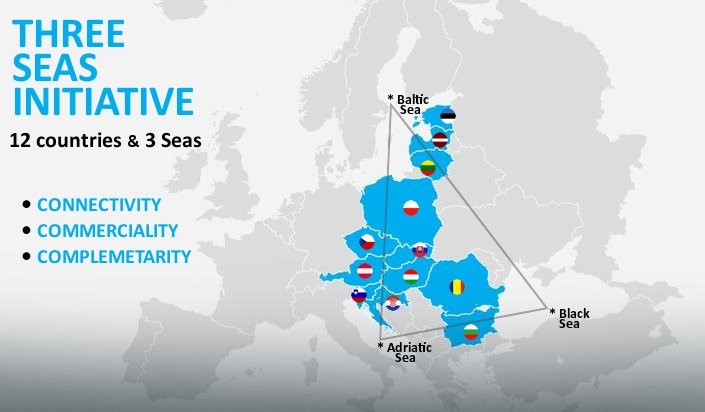 ÜÇ DENİZ GİRİŞİMİ (ÜDG): BATI'NIN BÜYÜK GÜÇ REKABETİ HAMLESİ-06.03.2023
ÜÇ DENİZ GİRİŞİMİ (ÜDG): BATI'NIN BÜYÜK GÜÇ REKABETİ HAMLESİ-06.03.2023
Deniz ÜNVER 06.03.2023 -
 VICTORY AT KUT AL-AMARA - 27.05.2023
VICTORY AT KUT AL-AMARA - 27.05.2023
Deniz ÜNVER 27.05.2023 -
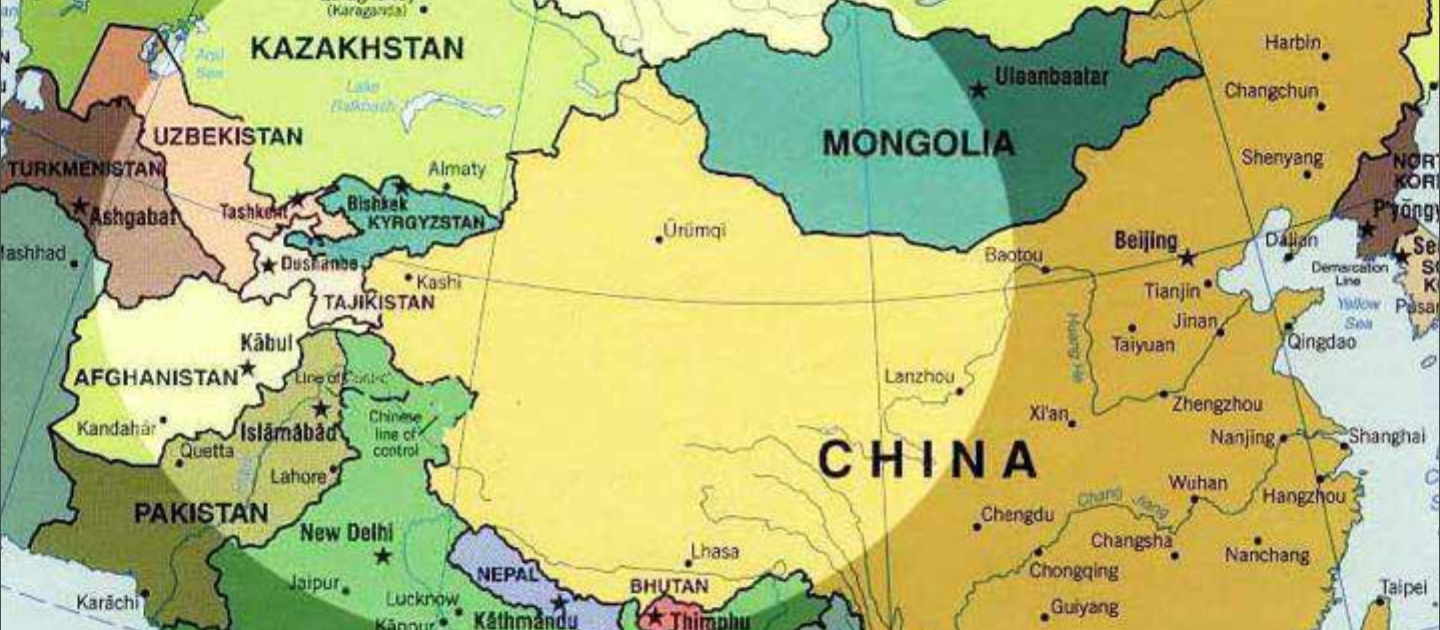 ÇİN, ORTA ASYA’DA - 02.05.2023
ÇİN, ORTA ASYA’DA - 02.05.2023
Deniz ÜNVER 02.05.2023
-
 BÖLGESEL KAPSAMLI EKONOMİK ORTAKLIK (RCEP): İLAVE BİR AÇIKLAMA - 21.03..2022
BÖLGESEL KAPSAMLI EKONOMİK ORTAKLIK (RCEP): İLAVE BİR AÇIKLAMA - 21.03..2022
Deniz ÜNVER 21.03.2022 -
 NORTH–SOUTH TRANSPORT CORRIDOR: RUSSIA WINS, ARMENIA LOSES - EURASIA DAILY MONITOR - 09.11.2017
NORTH–SOUTH TRANSPORT CORRIDOR: RUSSIA WINS, ARMENIA LOSES - EURASIA DAILY MONITOR - 09.11.2017
Rahim RAHIMOV 14.11.2017 -
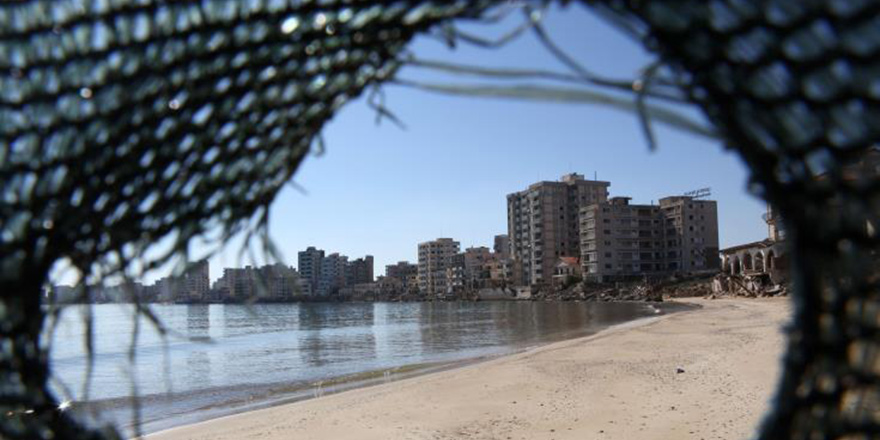 KUZEY KIBRIS TÜRK CUMHURİYETİ’NDE MARAŞ’TA YAPILACAK ENVANTER ÇALIŞMASI
KUZEY KIBRIS TÜRK CUMHURİYETİ’NDE MARAŞ’TA YAPILACAK ENVANTER ÇALIŞMASI
AVİM 05.07.2019 -
 WHY EUROPE SHOULD SUPPORT PEACE IN THE SOUTH CAUCASUS - AIIA - 07.06.2024
WHY EUROPE SHOULD SUPPORT PEACE IN THE SOUTH CAUCASUS - AIIA - 07.06.2024
Taras KUZIO 10.06.2024 -
 ARMENIANS’ TRUE MOTIVES BEHIND FALSIFICATION OF HISTORICAL TRUTHS
ARMENIANS’ TRUE MOTIVES BEHIND FALSIFICATION OF HISTORICAL TRUTHS
Arastu HABİBBEYLİ 02.07.2018


